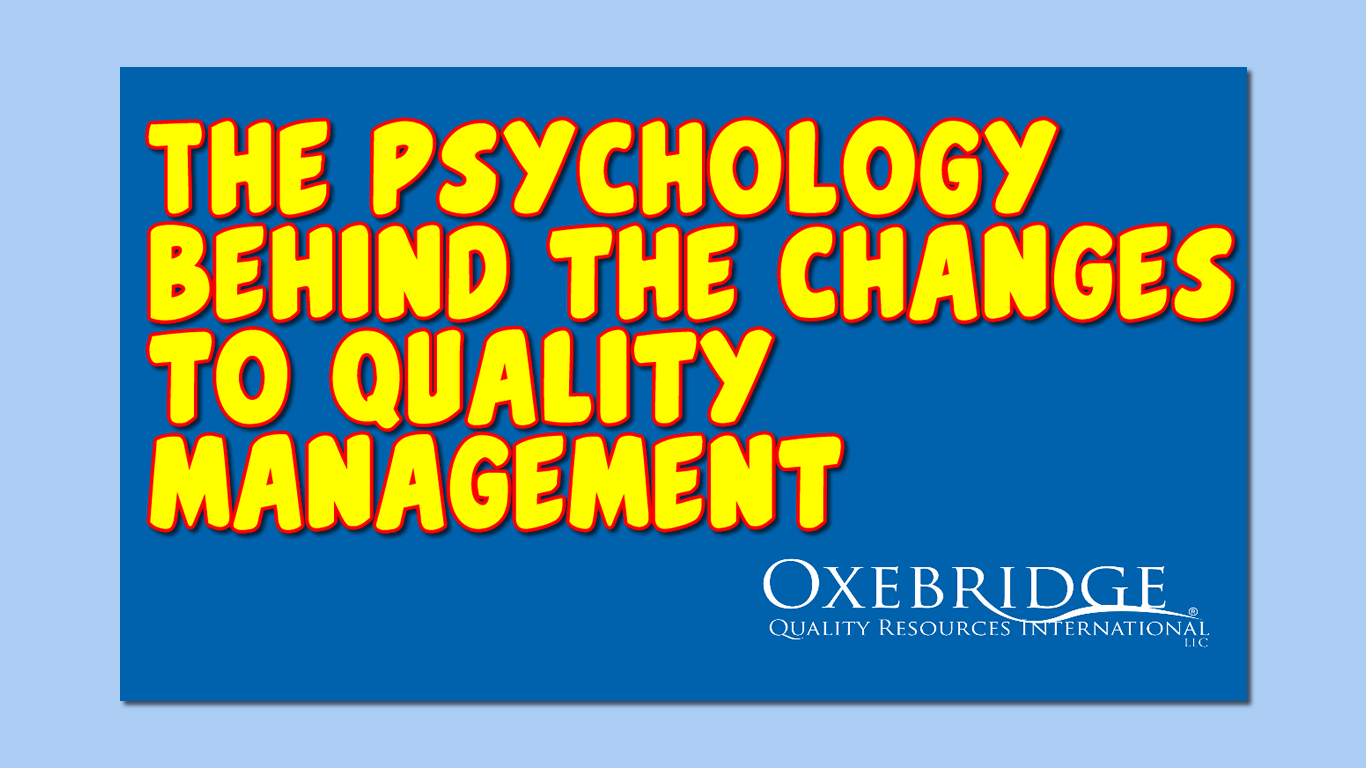The US Eastern District Court of Wisconsin has ruled in favor of ANAB in a lawsuit brought against the accreditation body by UK certification body Tsamota Certifications Ltd. ANAB sought to have the case dismissed on a motion for summary judgment, for which the judge agreed and ruled the case dismissed with prejudice; Tsamota may appeal, but may not refile the suit.
In the ruling, the Court cited on a ruling in a prior 1994 case, Chicago School of Automatic Transmissions, Inc. v. Accreditation Alliance of Career School and College, which had then ruled that US contract law should not be applied to the provision of accreditation services. In that case, the Second Circuit court said, “…accrediting bodies are not engaged in commercial transactions for which state-law contract principles are natural matches. Accreditation groups adopt and change their rules unilaterally.”
A second 2015 case, Prof’l Massage Training Ctr., Inc. v. Accreditation Alliance of Career School and College, ruled likewise, saying, “the Standards of Accreditation do not constitute a binding contract between the [accreditor] and the accredited educational institutions because the [accreditor] can alter the alleged ‘contract’ at will and, thus, is not bound by its terms.”
The justification in the Chicago School case was then applied to the Tsamota case, despite the fact that the two Alliance cases dealt with accreditation of institutes of higher education, with the judge in the Tsamota case writing, “while many of the cases do arise in that realm, Chicago School announces no such limitation on its rationale.”
US courts traditionally are loath to create precedent, and instead rely on past cases whenever possible to justify new rulings.
The ruling grants accreditation bodies a stunning victory that inoculates them from lawsuits alleging contractual breaches. It does, however, raise questions as to the need and purpose for the contracts ANAB requires its certification bodies to sign, if they have no enforceability under the law. Until the decision is otherwise tested, whether by Tsamota in an appeal or by another party, the ruling will stand unmolested.
At the same time, the ruling opens up new risks for ANAB and the accreditation bodies. The Chicago School ruling wrote, “an accrediting agency is a proxy for the federal department whose spigot it opens and closes,” and that the Chicago School’s “only avenue of relief [would have been] administrative law.” In the US, administrative law is applied to government agencies. If the courts intend to treat ANAB as a government agency, then entirely different oversight mechanisms and legal attack vectors can be applied to it in the future, citing the very same case Chicago School case.
Tying the ANAB scheme to the higher education scheme also inadvertently emboldens ANAB’s top competitors, the unaccredited certificate mills. Within the higher education scheme, US legislators have failed to rein in the unaccredited “diploma mill” operations, ensuring that buying “fake” university degrees from online mills remains legal in the US. Efforts were underway to make the US Congress take on the unaccredited ISO certificate mill operators, but the ANAB win hands a victory to the unaccredited ISO certificate mill operations, who can now point to the Chicago School ruling and claim they are protected in the same way as university diploma mills.








